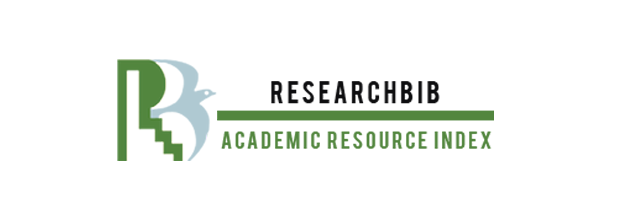پاکستان میں ای کامرس سے متعلقہ حکومتی قوانین : تحقیقی مطالعہ
Government Laws Related to E-Commerce in Pakistan: A Research Study
Keywords:
E-commerce, Mercantile Law, E-commerce laws in Pakistan, Legal challenges in e-commerce, Electronic Transaction Ordinance 2002, Shariah complianceAbstract
E-commerce plays an important role in every modern business and trade field. It is a useful tool kit for reducing costs, higher margins, more efficient operations and higher profits. It is also the best option for both producers and consumers in developing countries to overcome the traditional barriers of distance from markets and lack of information about market opportunities. Producers and traders do not need to maintain physical establishments.
Trade and business communications through electronic means give rise to some legal issues. Furthermore, electronic transactions require electronic contracts, electronic signatures, etc. Businesses find, thanks to the Internet, a limitless place in cyberspace by providing easy access to potential customers all over the world without any limitation as to business hours and 24 hours a day, seven days a week for the whole year. In this article, we discussed, analyzed and criticized the Electronic Ordinance 2002. The contract entered into on the Internet, to be enforceable and valid, must fulfil essential legal conditions prescribed by Shariah but the Electronic Transaction Ordinance 2002 is not a complete solution of E-commerce problems in the prospect of Shariah and also in a business point of view so it should be reviewed, rewritten and summarized based on Mercantile Law by the authorizes and experts of Shariah and Government laws.








